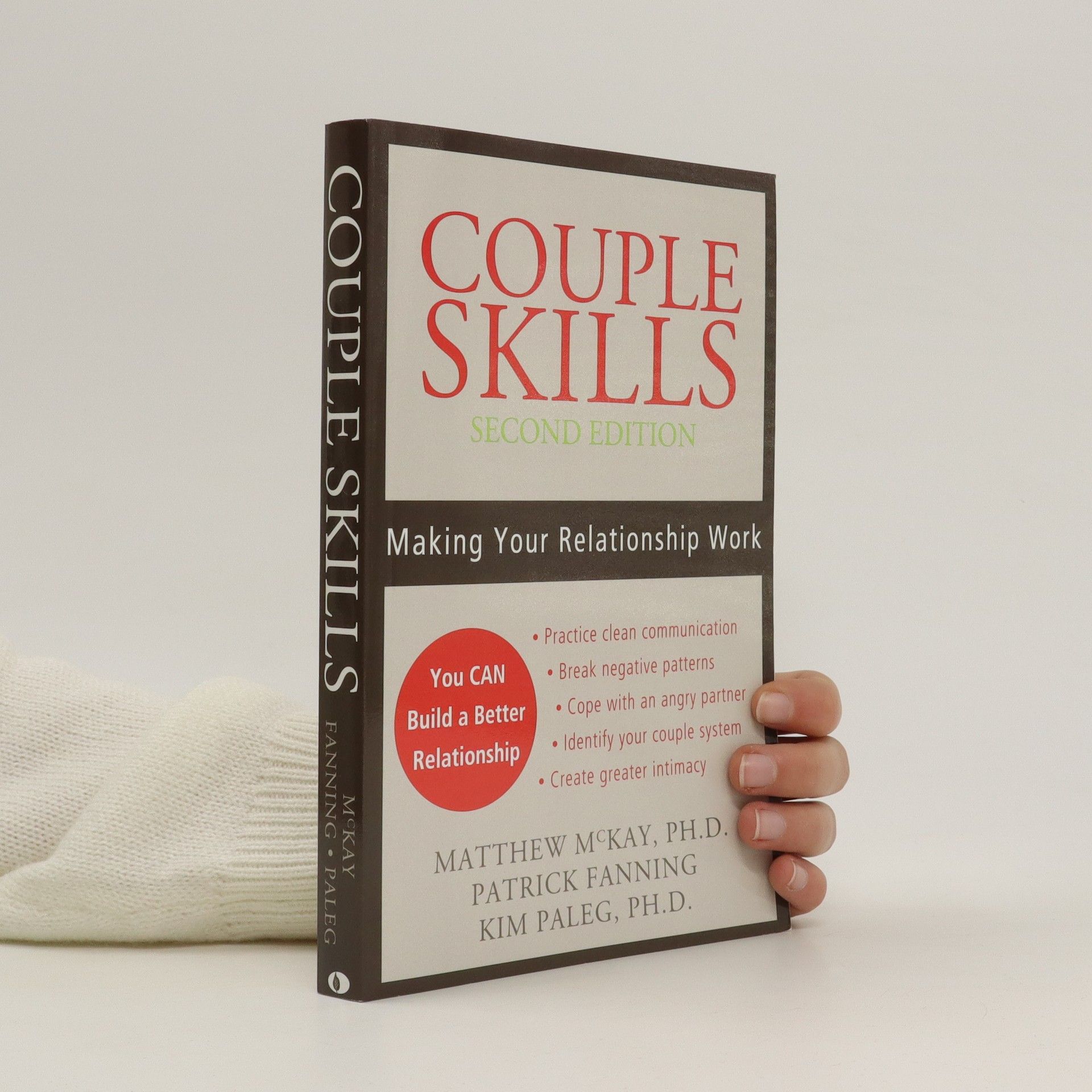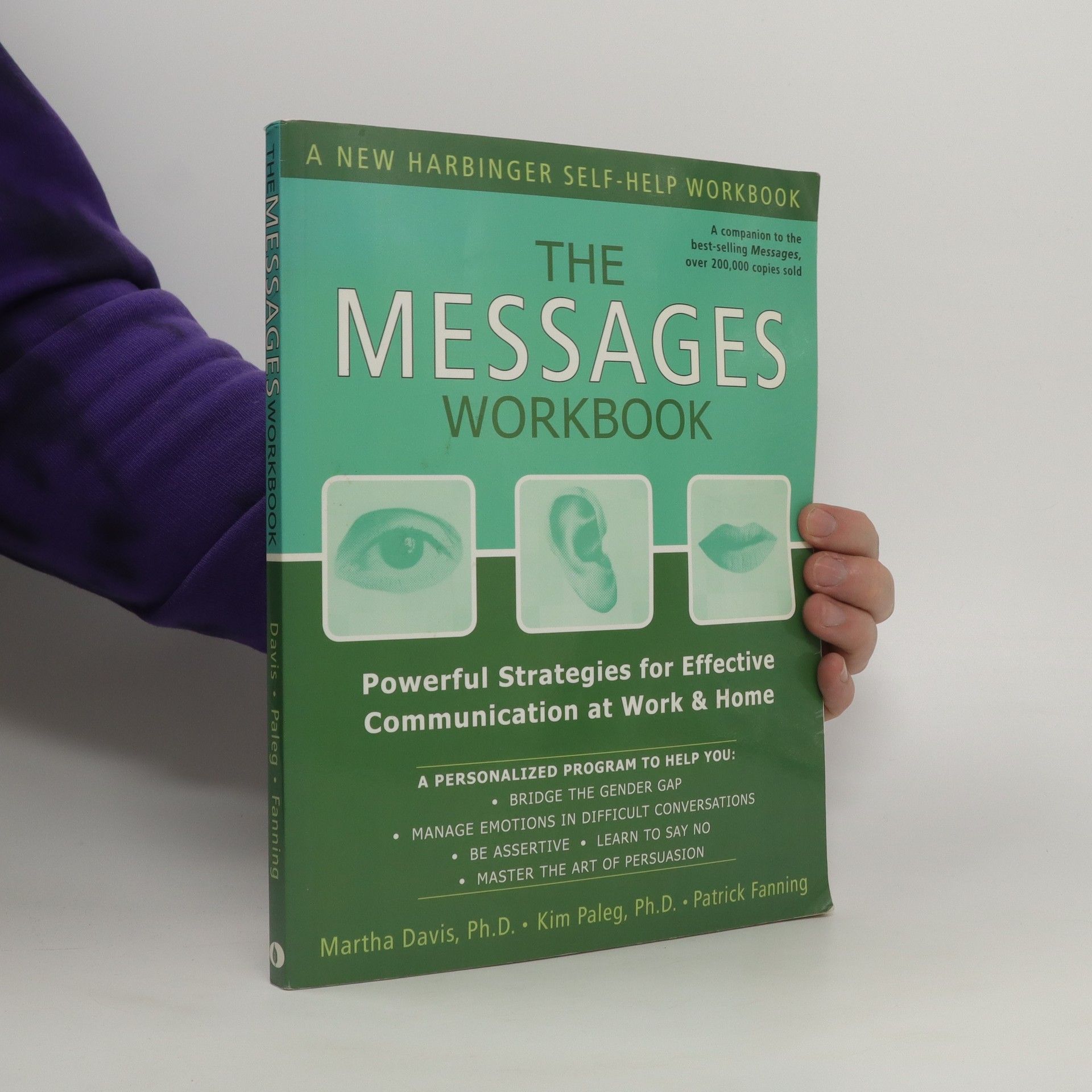An experienced preacher and teacher encourages pastors to preach on pain to help their congregants identify and share their suffering in Christian community for the purpose of healing and transformation.
Kim Paleg Livres






The Messages Workbook
- 232pages
- 9 heures de lecture
Finding Our Voice
- 208pages
- 8 heures de lecture
No one preaches in a cultural vacuum. The message of what God has done in Christ is good news to all, but to have the greatest impact on its hearers--or even to be understood at all--it must be culturally contextualized. Finding Our Voice speaks clearly to an issue that has largely been ignored: preaching to Asian North American (ANA) contexts. In addition to reworking hermeneutics, theology, and homiletics for these overlooked contexts, Kim and Wong include examples of culturally-specific sermons and instructive questions for contextualizing one's own sermons. Finding Our Voice is essential reading for all who preach and teach in ANA contexts. But by examining this kind of contextualization in action, all who preach in their own unique contexts will benefit from this approach.
Couple Skills
- 316pages
- 12 heures de lecture
Love takes work, but, when it comes to relationships, it pays to work smarter. Couple Skills, Second Edition, revised and updated from the therapist-recommended classic, will show you how to work smarter in your relationship. You'll learn to improve communication, cope better with problems, and resolve conflicts with the one you love in healthy and creative ways. Each chapter teaches you an essential skill that supports greater relationship satisfaction and deeper intimacy.New to this edition is a chapter on using acceptance skills, developed from the revolutionary new acceptance and commitment therapy (ACT). These new approaches will help you to accept your partner's feelings (and your own emotions) without judgment. Using these techniques will help you decide what you really value in your relationship and then commit to acting in ways that further those values every day.
Złość w związku Proste metody na trudne emocje
- 180pages
- 7 heures de lecture
Jak rozładować napięcie w związku bez ranienia partnera? Złość jest naturalną i ważną emocją, która pozwala wyrażać uczucia oraz stawiać granice. Jednak istotne jest, aby nie wpaść w błędne koło złości, które może niszczyć więź i prowadzić do bólu oraz oddalenia partnerów. Zamiast atakować czy krytykować, warto nauczyć się konstruktywnego wyrażania złości, co pomoże uniknąć destrukcyjnych kłótni i problemów w relacji. Kluczowe jest opracowanie własnego modelu rozwiązywania konfliktów. Książka przedstawia dziesięć sprawdzonych metod pracy nad sobą i związkiem, ucząc asertywności oraz konstruktywnego radzenia sobie z emocjami. Pomaga stworzyć plan walki ze złością, który umożliwia: zapobieganie wybuchom złości, radzenie sobie z narastającymi emocjami, kontrolowanie zachowania, zdrowe rozładowanie napięcia, zrozumienie uczuć partnera oraz unikanie czterech zapalników złości: krytycyzmu, potępienia, bronienia się i unikania. Książka oferuje również wskazówki, jak naprawić szkody wynikające z powrotu do starych nawyków oraz odbudować zaufanie i bliskość w związku.
Kiedy twoja złość krzywdzi dziecko
- 200pages
- 7 heures de lecture
Dlaczego złościmy się na dzieci? Kiedy złość staje się poważnym problemem w rodzinie? Jakie mogą być jej konsekwencje? Jak nie dopuścić do tego, by zdominowała relacje z dzieckiem? Oto mądra i prosta książka na temat rodzicielskiej złość. Autorski zespół psychologów pokazuje, jak zmienić swój sposób postępowania, myślenia i komunikacji z dzieckiem, żeby skutecznie rozwiązywać rodzinne konflikty - bez złości.